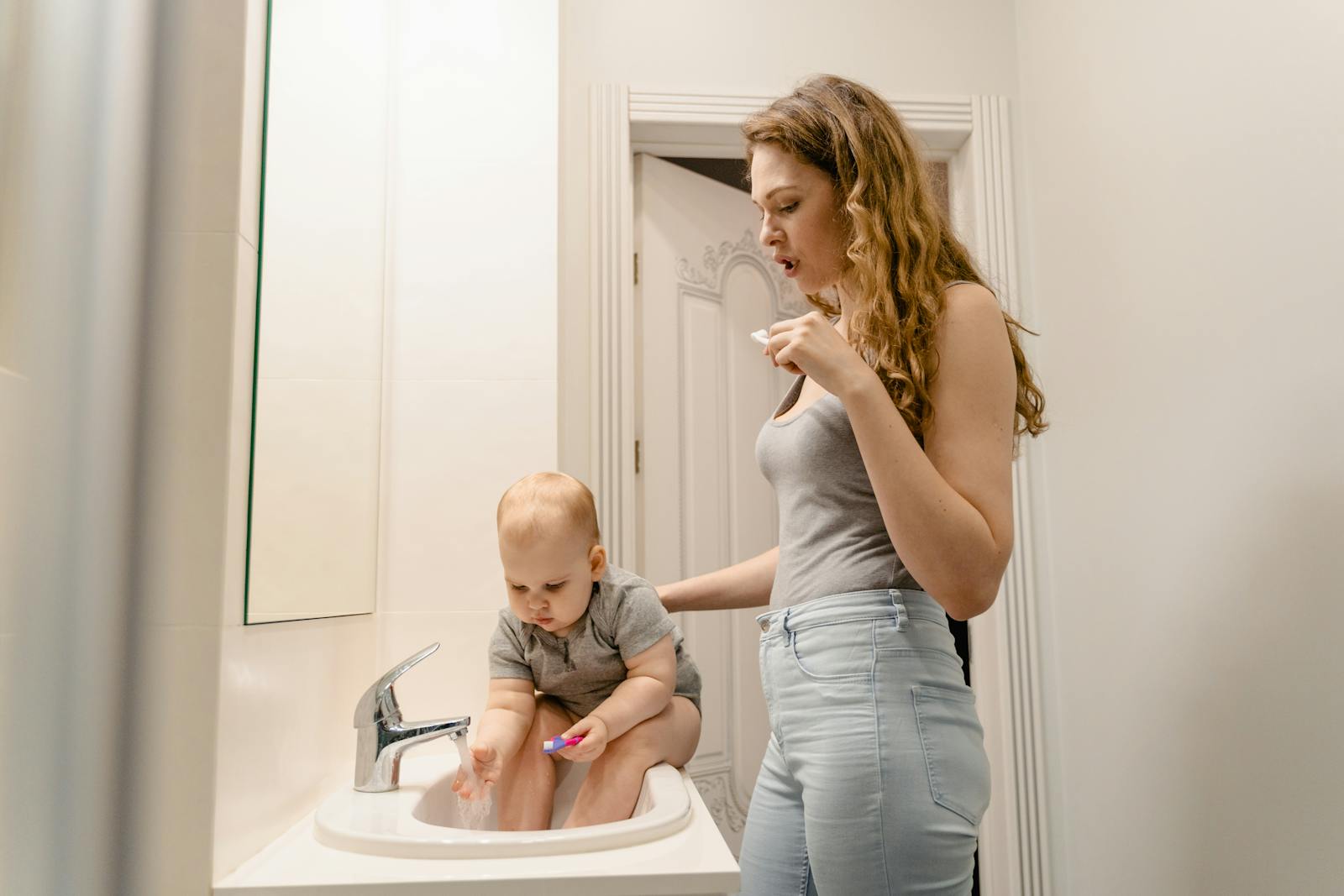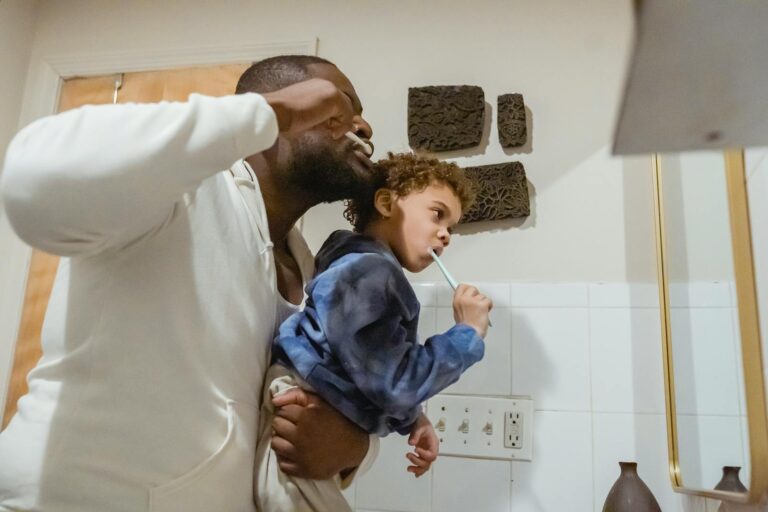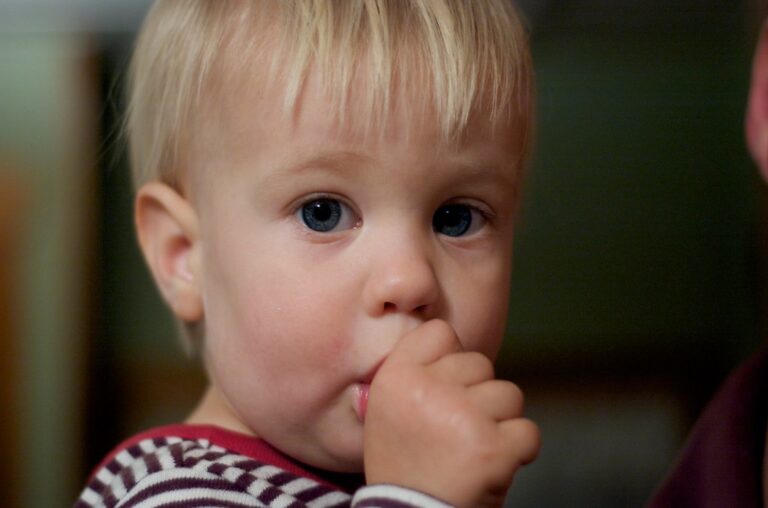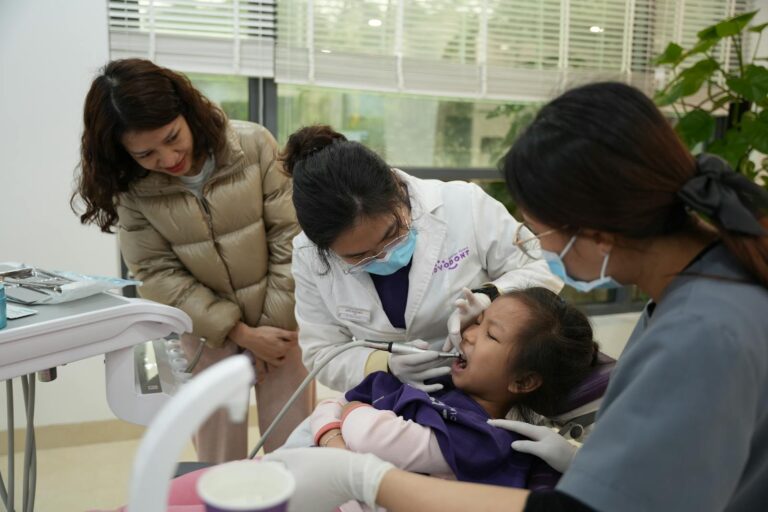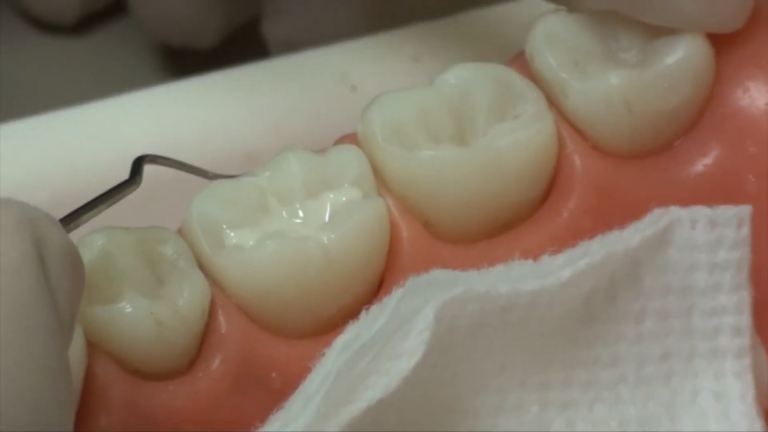Dental Care Tips for Infants Under 1 Year Old
When it comes to dental health, most parents focus on the toddler years and beyond—but the truth is, oral care should begin long before the first baby tooth makes its debut. In fact, taking care of your child’s mouth during infancy lays the foundation for healthy teeth, proper development, and lifelong habits.
If your baby is under 12 months old, you may be wondering what kind of dental care is needed—or if it’s even necessary at all. The answer is yes, absolutely. Even before that first tiny tooth erupts, your baby’s mouth deserves attention and care. Here’s how to do it right, from day one.
Start Leaning Your Baby’s Gums Early
You don’t have to wait for teeth to begin a dental routine. After each feeding—especially before bed—gently wipe your baby’s gums using a clean, soft, damp cloth or a specially designed infant gum wipe. This simple practice removes milk residue, reduces bacteria buildup, and helps your baby get used to having their mouth cleaned.
Daily gum cleaning also stimulates circulation in the gum tissue and can help soothe discomfort during teething. Think of it as the first step in teaching your child that oral care is a normal and comforting part of daily life.
Watch for Early Signs of Teething
Most babies begin teething around 4 to 7 months, although it varies widely. The bottom front teeth are usually the first to appear. Common signs of teething include drooling, fussiness, chewing on objects, and slight swelling of the gums.
You can help ease your baby’s discomfort with a chilled (not frozen) teething ring, a clean cold washcloth to chew on, or gentle gum massages with your finger. Avoid teething gels or tablets unless specifically recommended by your pediatrician or pediatric dentist.
Use the Right Tools once Teeth Appear
As soon as the first tooth erupts—typically between 6 and 10 months—it’s time to start brushing. Use a soft-bristled baby toothbrush with a tiny smear (the size of a grain of rice) of fluoride toothpaste. Brush twice a day: once in the morning and once before bedtime.
Don’t worry if your baby resists at first. Make it playful and consistent. Sing a song, let them hold the toothbrush, or brush your own teeth alongside them. It’s not just about technique—it’s about building routine and familiarity.
Avoid Putting Your Baby to Bed with a Bottle
One of the most important early dental habits you can develop is to avoid “bottle mouth,” also known as early childhood caries. When a baby sleeps with a bottle of milk or juice, sugars from the liquid pool around the teeth and gums, feeding bacteria that cause decay.
If your baby needs comfort to fall asleep, offer a pacifier or a bottle of plain water. Never let them sleep with milk, formula, or juice in the bottle, and don’t dip pacifiers in honey or sweeteners.
Limit Sugary Drinks and Snacks
Even in the first year, your baby is developing taste preferences that can influence their oral health later. Avoid giving sugary drinks like fruit juice before age 1, and steer clear of snacks that stick to the teeth, such as sweetened teething biscuits or puffs.
Focus instead on a healthy diet with breast milk, formula, and soft, natural foods like pureed fruits, vegetables, and whole grains once your baby begins solids.
Schedule Your Baby’s First Dental Visit
The American Academy of Pediatric Dentistry recommends that children see a dentist by their first birthday—or within six months of their first tooth erupting, whichever comes first. This initial visit is quick, gentle, and incredibly valuable.
Your pediatric dentist will examine your baby’s mouth, check for early signs of decay, review feeding and hygiene habits, and offer guidance tailored to your child’s needs. It’s also a chance for you to ask questions and feel confident that you’re on the right track.
Final Thoughts
Good dental habits don’t start with the first cavity—they begin with the first smile. By caring for your baby’s gums, brushing their early teeth, and avoiding harmful feeding practices, you’re protecting more than just a tiny tooth—you’re nurturing a lifetime of healthy smiles.
Your child’s journey to great oral health starts now, and it begins with you.
